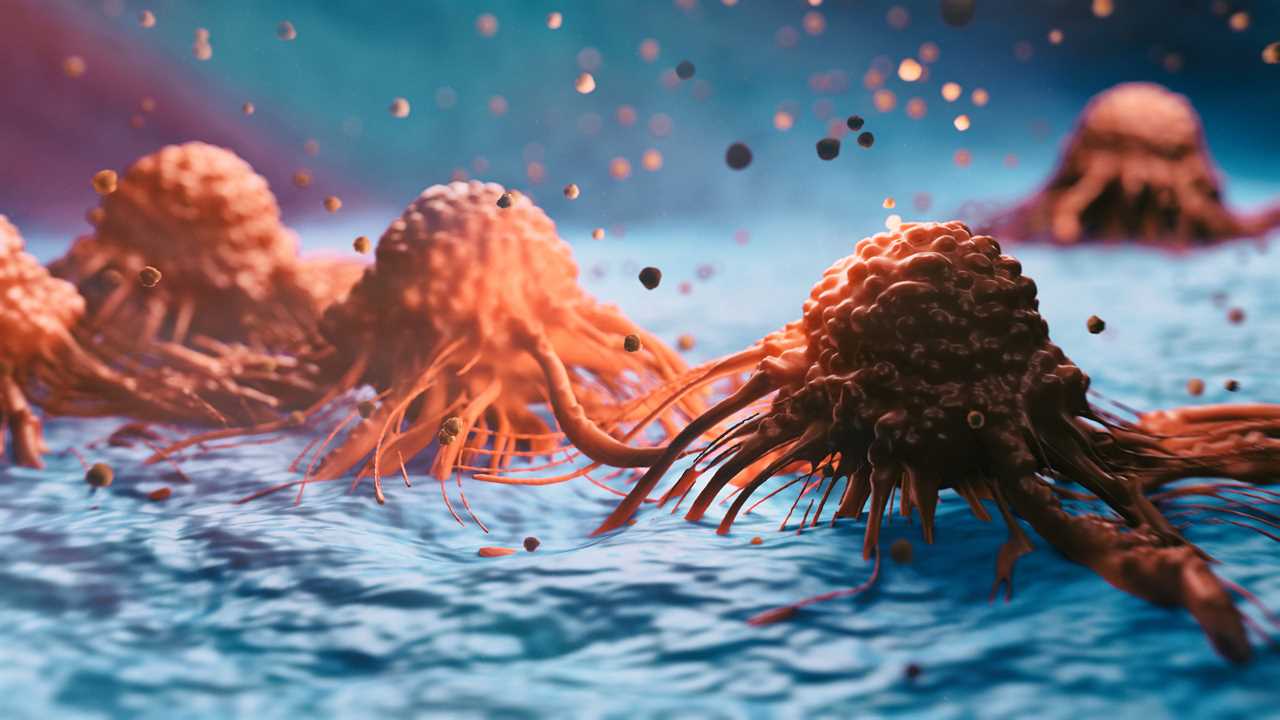
Key Takeaways:
A recent study conducted by US researchers suggests that drinking a foam infused with poisonous carbon monoxide, a gas commonly found in cigarettes, could potentially improve cancer treatment outcomes.
The experiment involved mice with cancer who were given the foam alongside an experimental cancer treatment called autophagy inhibition, and the results showed better responses to the therapy.
The researchers believe that safe levels of carbon monoxide could enhance the anti-cancer activity of autophagy inhibitors, opening up new possibilities for improving cancer therapies.
The Potential of Carbon Monoxide:
Carbon monoxide, a poisonous gas typically associated with cigarettes, has been found to have surprising benefits when used in cancer treatment.
Researchers at the University of Iowa discovered that mice given a foam infused with carbon monoxide alongside autophagy inhibition treatment experienced a significant inhibition in tumor growth.
This study builds upon previous research that showed smokers responded better to autophagy inhibitors in clinical trials.
Safe levels of carbon monoxide could enhance the efficacy of autophagy inhibitors and potentially improve therapies for various types of cancer.
Unlocking the Benefits without the Risks:
In order to harness the potential benefits of carbon monoxide without the associated health risks of smoking, the researchers developed a new foam called gas-entrapping materials (GEM).
The GEM foam was able to safely contain carbon monoxide and was tested to see how it affected the response to treatment.
The results showed that the foam significantly inhibited tumor growth when used in combination with autophagy inhibition, providing a promising new frontier for enhancing cancer therapies.
Implications for Future Cancer Treatments:
This innovative solution of using carbon monoxide-infused foam could potentially revolutionize cancer treatment approaches.
Further research is needed to explore the full potential of this treatment and determine its safety and efficacy in human trials.
If successful, this could lead to the development of new therapies that improve outcomes for cancer patients.
Overall, this study highlights the importance of exploring unconventional approaches in the field of cancer treatment and the potential benefits that can be unlocked by thinking outside the box.
Did you miss our previous article...
https://trendinginthenews.com/cancer/mumoftwo-dies-three-days-after-cancer-diagnosis-days-before-becoming-a-grandma






